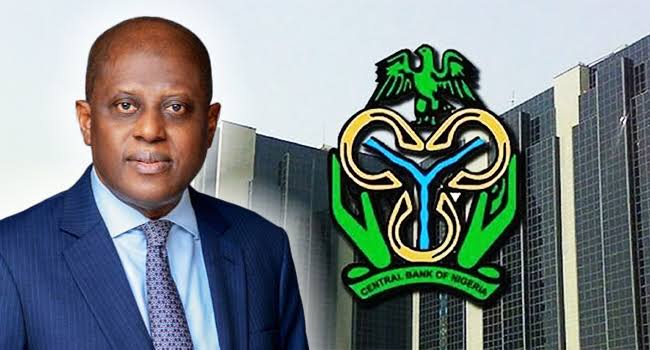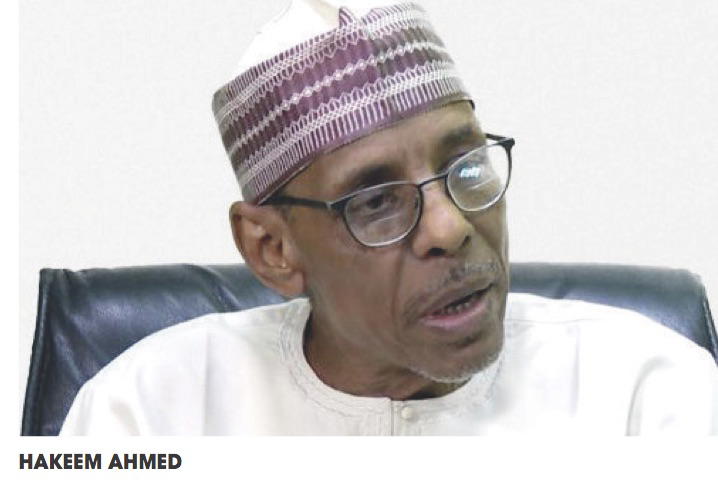Nigeria’s Economic Outlook Upgraded by S&P Global as Reforms Show Promise
The international credit rating agency S&P Global Ratings has revised Nigeria’s outlook from “stable” to “positive,” marking a significant endorsement of the country’s recent economic reforms and policy initiatives.
Central Bank of Nigeria (CBN) Governor Olayemi Cardoso welcomed the upgrade, announced on Friday, which reflects improved policy coordination, enhanced monetary management, and successful measures to rebuild confidence in Africa’s largest economy.
The positive revision indicates S&P’s increased confidence in Nigeria’s ability to strengthen its credit fundamentals in the medium term, potentially paving the way for a future credit rating upgrade if current reform momentum continues.
Speaking at an Abuja strategic session, Cardoso highlighted the significance of this development: “This is encouraging news for the country. It shows that our efforts to restore stability, strengthen governance frameworks and rebuild trust in the financial system are being recognised internationally.”
The CBN’s recent initiatives, including stricter monetary policies and reformed foreign exchange market operations, have played a crucial role in stabilizing key economic indicators since the beginning of 2025. “The Central Bank has brought stability to the economy and become a beacon of hope,” Cardoso emphasized.
The upgraded outlook serves as both validation of existing policies and motivation for continued reform efforts. Cardoso stressed that this positive assessment should encourage both public and private sectors to maintain their commitment to initiatives supporting economic growth, investment attraction, and long-term macroeconomic stability.
The S&P Global revision positions Nigeria more favorably for future credit assessments and sends an encouraging signal to international investors considering opportunities in the Nigerian market. This development could potentially catalyze increased foreign investment interest in what remains Africa’s largest economy.







Leave a Comment